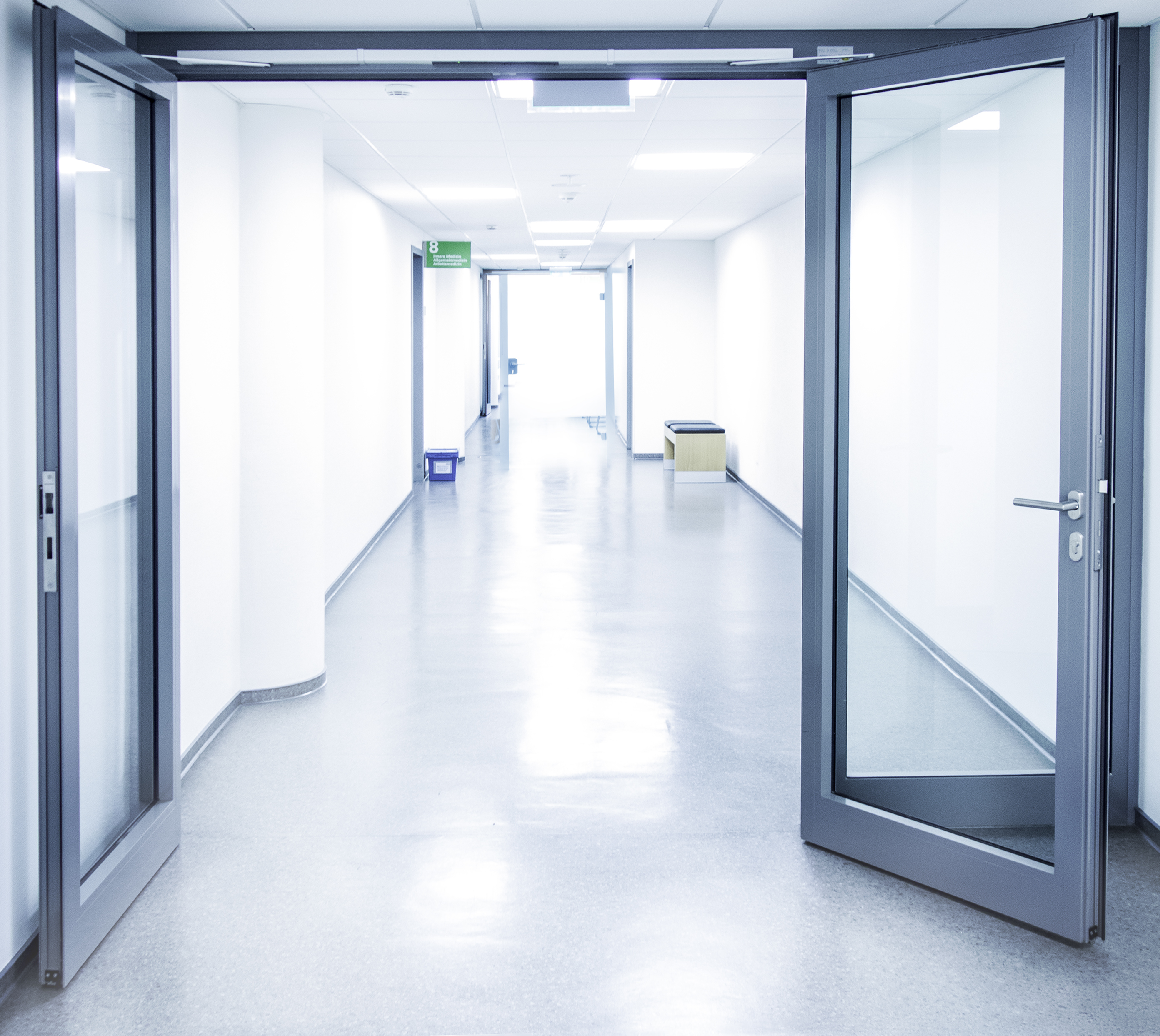
Sorry, there's nothing here.
We want you to find the providers and services you need.
- Please fill out this form to let us know how you got to this page so we can improve our website.
Here are some ways to find what you are looking for:
- Our site search is located at the top of this page.
- Look through our list of services.
- Find the doctor you need.
- Find a location near you.
- Contact us with your question.
